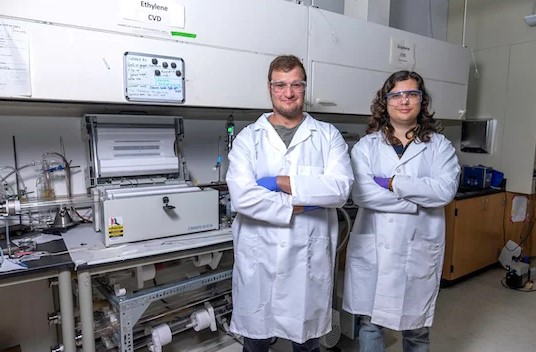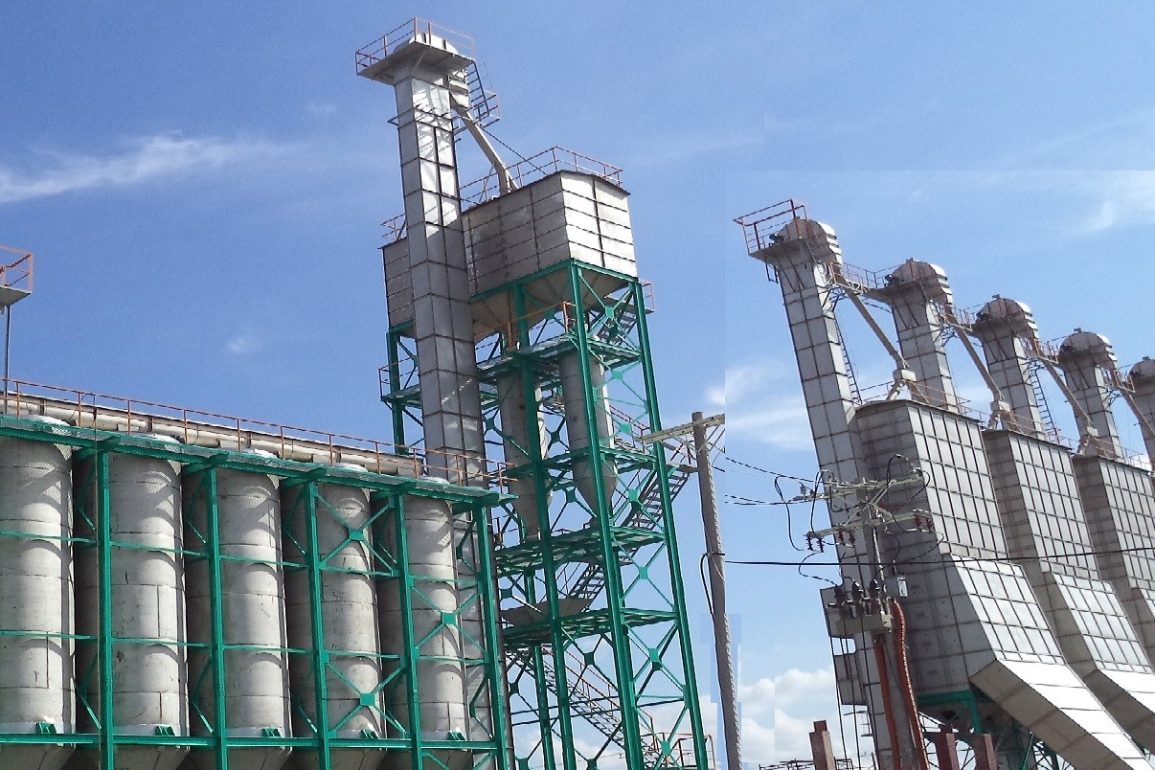Rice University engineers have made a breakthrough in creating covalent organic frameworks (COFs), materials with the potential to tackle major environmental issues like pollution and energy storage.
COFs can trap gases, filter water, and accelerate chemical reactions, making them promising tools for environmental cleanup, especially in addressing the dangers of “forever chemicals” like perfluorooctanoic acid (PFOA), a type of PFAS linked to serious health risks.
Rafael Verduzco and his team at Rice University developed a new, low-cost method to synthesize COFs efficiently using a continuous flow system.
Instead of traditional, slower methods, this innovative process produces COFs steadily in a small, lab-scale “factory,” allowing better control over quality and production speed.

The study, published in *ACS Applied Materials and Interfaces*, highlights the advantages of this approach, including faster production and lower energy usage.
The research revealed that COFs created using this method were highly effective at breaking down PFOA.
This process, called photocatalytic degradation, is triggered by light and happens at room temperature, offering a cleaner alternative to traditional pollution control methods.
“This discovery is encouraging for environmental protection,” said Verduzco. The ability of COFs to rapidly degrade harmful chemicals could revolutionize the development of green technologies.
The process is faster and more environmentally friendly than previous techniques, using less energy and fewer toxic chemicals.
Supported by the UAE Ministry of Education and the Welch Foundation, this research paves the way for large-scale COF production, potentially making them a key player in cleaning up environmental pollutants and developing sustainable energy solutions.

